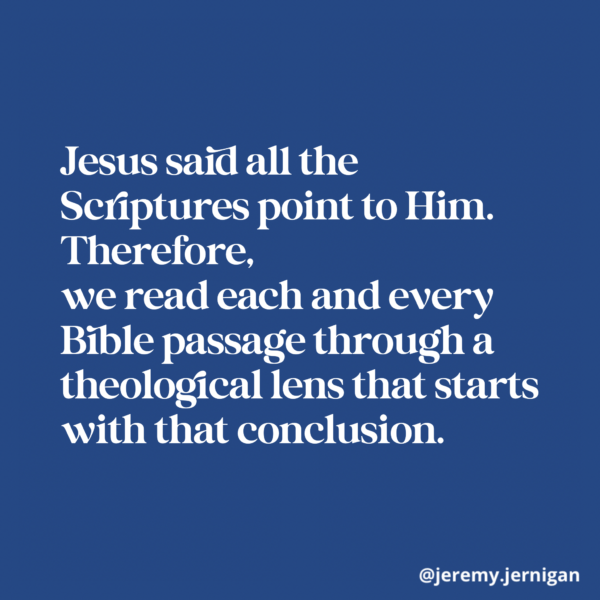You Don’t Need to Give God Your Drink
One of the advantages of my Bible reading plan (which you can download for free if you click here) is that I’m often making connections between different parts of the Bible. For example, I’ve recently been reading in the book of Numbers. Similar to other gods in that time, the Biblical God instructs the Israelites on how to feed their God. “The Lord said to Moses, ‘Give these instructions to the people of Israel: The offerings you present as special gifts are a pleasing aroma to me; they are my food. See to it that they are brought at the appointed times and offered according to my instructions'” (Numbers 28:1-2).
God even goes so far as to make sure they include alcohol. “Along with it you must present the proper liquid offering of one quart of alcoholic drink with each lamb, poured out in the Holy Place as an offering to the Lord” (Numbers 28:7). That’s my kinda God!
Now imagine this was the only verse you knew of God today. If you wanted to follow God and attempted to live this out, things would get a bit weird.
But I’m also reading through the book of Psalms and there we find out that Yahweh isn’t actually like the other gods at all. In that part of the Bible God says, “If I were hungry, I would not tell you, for all the world is mine and everything in it. Do I eat the meat of bulls? Do I drink the blood of goats?” (Psalm 50:12-13).
Doesn’t that seem to negate what we learned in the book of Numbers? Yes, yes it does.
Thankfully, David takes note and responds accordingly. David says, “You do not desire a sacrifice, or I would offer one. You do not want a burnt offering. The sacrifice you desire is a broken spirit. You will not reject a broken and repentant heart, O God” (Psalm 51:16-17). This is getting us closer to what we find later in the person of Jesus.
It reminds me of a phrase one of my seminary professors used to use. Whenever a student asked him a question, he’d often respond by saying: “Do you want a Biblical answer or a theological answer?” You might wonder about the difference. As he explained, a Biblical answer is a verse or two that directly speaks to the question. A theological answer is an explanation that helps you make sense of the Bible passages.
A Biblical response to the question of whether God wants physical sacrifices could take you to the book of Numbers or Psalms (or many other places). And if you only picked one or two of these passages, you may easily (and understandably) miss the point. This is why HOW we read the Bible dramatically determines WHERE we land in our theology. It’s also why I don’t necessarily offer a verse for every argument I make on my blog or in my sermons (as some have criticized me for doing). We need something bigger than the ability to point to a verse to prove a point.
Jesus said all the Scriptures point to Him (John 5:39-40). Therefore, we read each and every Bible passage through a theological lens that starts with that conclusion. Or, as Brian Zahnd has said, “I never go walking around in the Old Testament without Jesus.”
That means we can enjoy the alcohol ourselves without the need to pour one out for the Almighty.
Jesus said all the Scriptures point to Him. Therefore, we read each and every Bible passage through a theological lens that starts with that conclusion. Click To Tweet
Do You Want to Read the Bible Without Falling Behind?
Sign up your email and I’ll send you a PDF to download and use my custom-made reading plan system. There’s no way to fall behind on this system and every day will be different no matter how long you use it!
I’ll send future content directly to your inbox AND you can dive into the Bible like never before.




